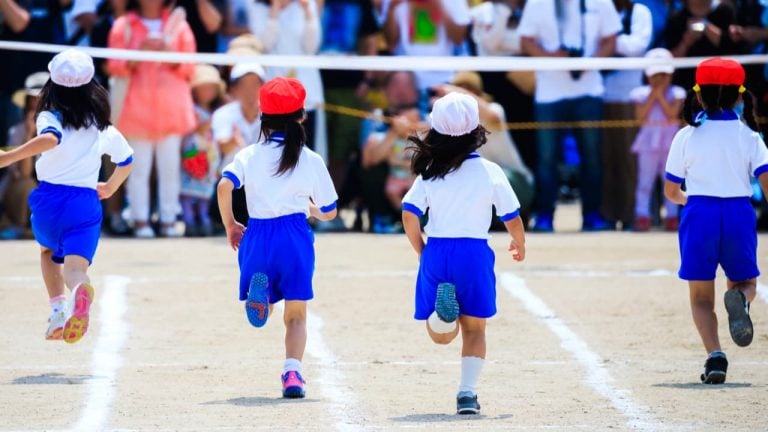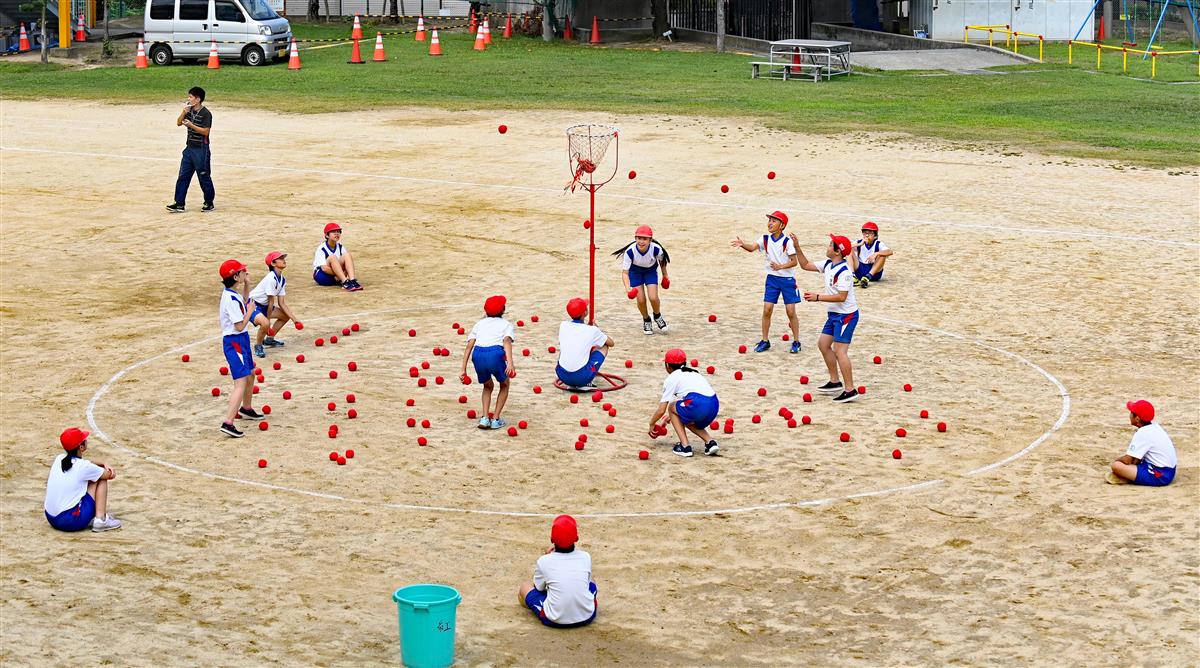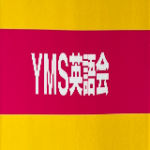
If you work at a Japanese school, you will inevitably be invited to attend a school sports day. These events are an institution in Japan and while the schedule may well be difficult – many sports days are held on weekends or national holidays – the events can be a great opportunity to have some fun with your students and get to know the other side of them. Even the most rebellious student can become strangely amenable during sports day.
The basics of Undoukai
In Japan, sports day (運動会) is usually held shortly after the start of term in April, typically May or June in the cooler northern parts of Japan, although in the baking southern parts of Japan it may even be as late as September.
In many areas, the sports day is held on the weekend or a national holiday to ensure that as many parents can attend as possible. Don’t worry if this is the case at your school, as you will likely be offered a replacement day off on a different day of the week in exchange.
Cultural differences between Japanese sports day and Western ones
While most countries have sports day, the event in Japan has a couple of small tweaks that make it unique, as everything from the events to the atmosphere is different to most other countries. The small differences start at from the beginning of the event as the students march around their playground while a marching band plays a mixture of popular and classic music. This may well be accompanied by singing or dancing from all clubs, even the non-musical ones. Naturally, this climaxes with a rendition of the song Kimigayo (His Imperial Majesty’s Reign), the national anthem of Japan, and the raising of the Japanese flag.
While it may seem like fun for the students, this display is a serious affair and students are expected to practice for weeks before the event itself. For some groups, such as the brass band club and dance clubs, it may well be the culmination of the previous year’s club activities.
Typical Activities at Sports Day
After the introduction, the event itself begins. Many of the events are ones that most visitors will be familiar with such as track-and-field events such as 100 meters, 4 × 100 m relay, 100 m sprint, and long jump, as well as a tug of war. Teachers are often encouraged to take part in these events; however, don’t expect your students to go easy on you as this is a chance for them to show their skills to their coach and the whole school, and they are not going to pass up on that opportunity. Many a teacher will tell you of being lapped by a particularly keen to impress student.
While the athletics events are fun, a lot more fun is to be had at the uniquely Japanese events. One of the most popular of these events is a ball-toss game called 玉入れ, literally ‘insert the ball’, which, as its name suggests, involves throwing balls or beanbags into a basket at the top of a high pole. Think if shooting hoops in basketball was a team rather than solo activity.

My personal favorite event was always 騎馬戦, as it introduces an element of danger into the competition. This particular event involves a group of four students, one attacker and three supporters. One student carries an offensive player on their shoulders and the other two make a pyramid to support the main student and try to prevent them from falling. They will need all the help they can get as the goal of the game is to get the attacker off the carrier’s shoulders, often with a spectacular crash to the dirt!
Don’t worry if this all seems a little overly competitive. These serious events are often paired with more fun events that anyone can try their hand at. Lots of fun for all levels can be had with the ball dribbling races, obstacle courses, three-legged races, and sack races.
Enjoy your Sports Day
Although the sports day may seem a bit weird, as a Brit I am well aware that some of the British traditions may be just as strange to Japanese children. Perennial British favorites such as egg and spoon races, horseshoes, and wheelbarrow races would likely be as baffling to Japanese students as their events were to me. Instead of focusing on the differences, it is much better to simply celebrate the hilarity, whilst preparing yourself to fight for every point in the 玉入れ and meter in the relay race.















